Psychology
Psychology books explore the human mind and behavior, including cognitive functions, emotions, and mental health topics.
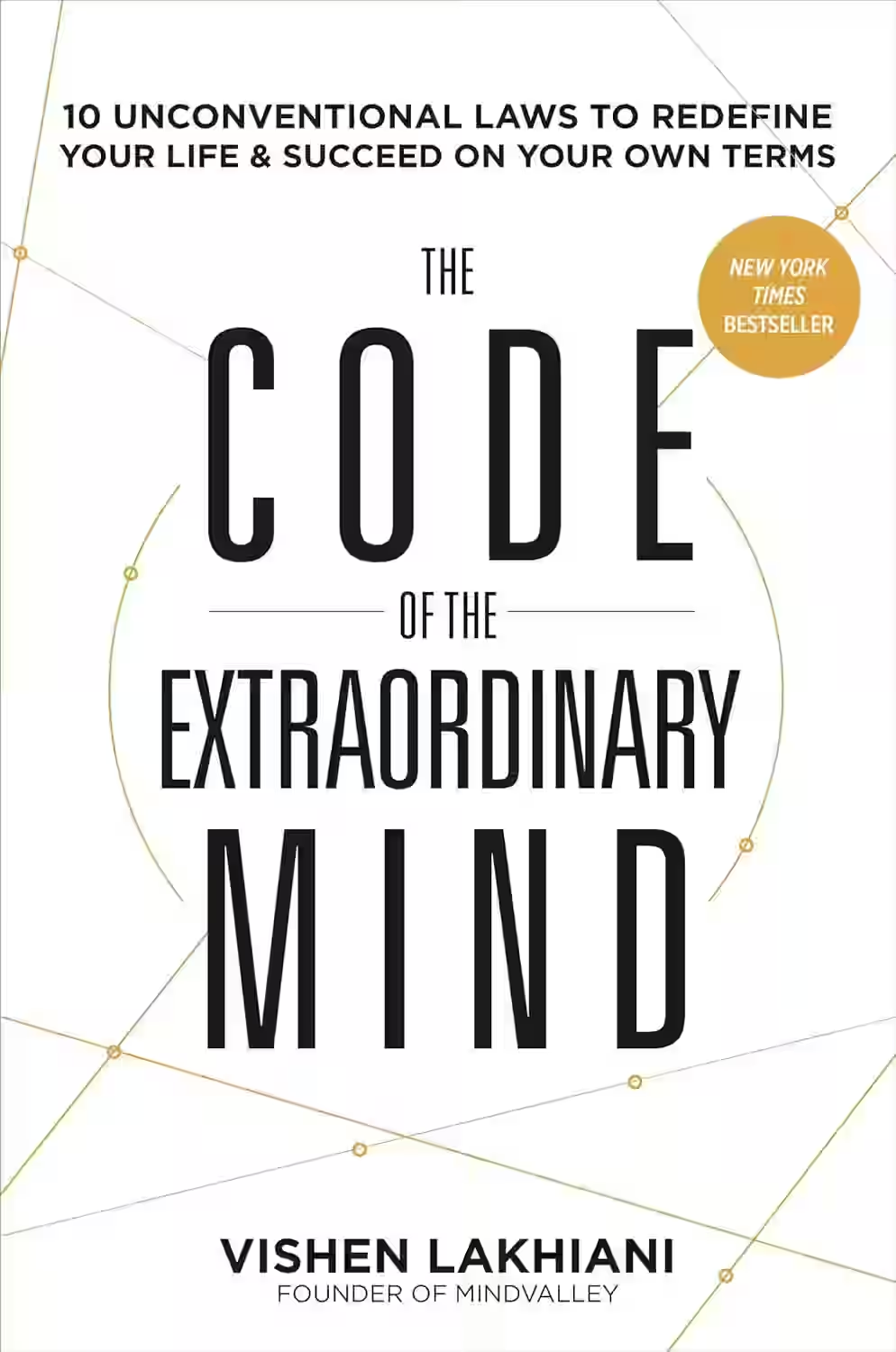
The Code of the Extraordinary Mind: 10 Unconventional Laws to Redefine Your Life and Succeed On Your Own Terms
In 'The Code of the Extraordinary Mind,' Vishen Lakhiani delves into 10 unconventional laws that challenge conventional norms and push readers to redefine success on their terms. Through personal anecdotes and thought-provoking insights, Lakhiani encourages readers to break free from societal conditioning, embrace their potential, and create a life full of purpose and fulfillment. The book covers various aspects of life such as career, relationships, and personal growth, offering a holistic approach to living an extraordinary life. Lakhiani's engaging writing style and actionable advice make this book a transformative guide for those seeking to elevate their mindset and achieve success on their own terms.

Cutting Through Spiritual Materialism
This powerful guide warns against the ego’s ability to co-opt spiritual practice for self-aggrandizement. Tibetan Buddhist master Chögyam Trungpa explains how spiritual ambition, attachment to progress, and identity-seeking can become obstacles to true awakening. Through practical advice and sharp insight, he exposes the subtle traps of self-deception, urging practitioners toward genuine humility and awareness. Blending Eastern wisdom with Western accessibility, the book encourages letting go of expectations and facing reality directly. It remains a foundational text for those serious about spiritual development and inner transformation, highlighting that the true path is one of openness and surrender.
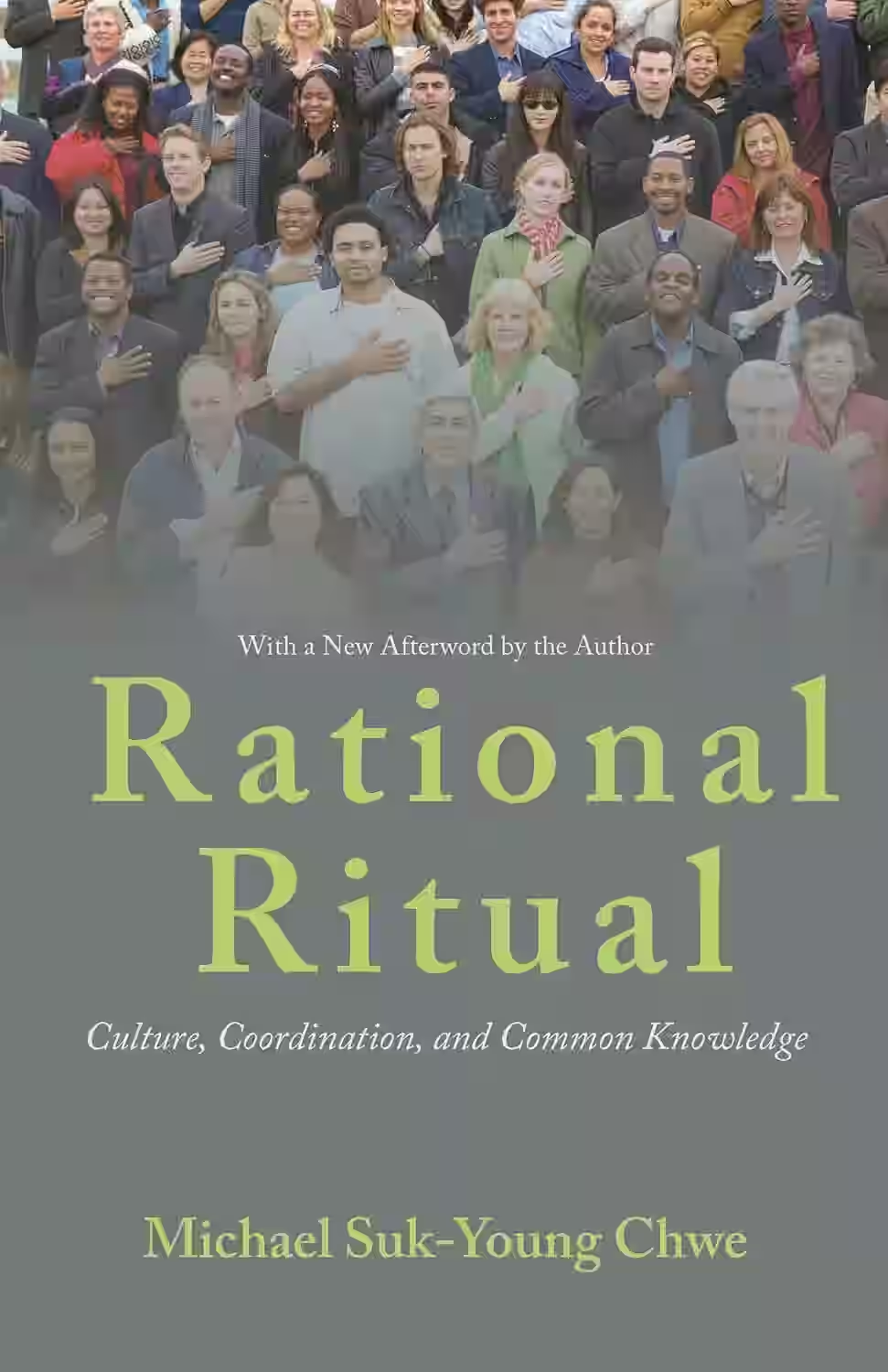
Rational Ritual
Rational Ritual explores how rituals—from presidential inaugurations to sports events—create common knowledge, a shared awareness that everyone knows everyone knows. Chwe, a game theorist, argues that these shared experiences are vital for coordination in society. By applying game theory to cultural rituals, he sheds light on why such practices persist and how they help societies function. The book offers unique insights into advertising, politics, and social networks. Zuckerberg recommended Rational Ritual for its relevance to online platforms, where creating and managing shared experiences is key. It’s an intellectually stimulating read for anyone interested in the intersection of culture and logic.

Pre-Suasion: A Revolutionary Way to Influence and Persuade
In 'Pre-Suasion: A Revolutionary Way to Influence and Persuade,' Robert B. Cialdini delves into the art of effective persuasion by emphasizing the importance of priming audiences before delivering a message. He explores how setting the stage through strategic actions and cues can significantly impact the receptiveness of individuals to subsequent information. Backed by research and real-world examples, Cialdini provides valuable insights into the psychology behind successful communication and influence. This book not only offers practical strategies for marketers, leaders, and communicators but also challenges readers to rethink their preconceptions about persuasion. With a blend of engaging storytelling and scientific evidence, 'Pre-Suasion' is a must-read for anyone interested in mastering the art of persuasion.

Man’s Search for Meaning
In this profound memoir and psychological exploration, Holocaust survivor Viktor Frankl shares his harrowing experiences in Nazi concentration camps and the insights he gained. Central to the book is Frankl’s belief that even in the most inhumane conditions, individuals can endure by finding meaning in their suffering. He introduces logotherapy, his psychotherapeutic method focused on the pursuit of meaning as a primary human drive. Frankl’s reflections blend personal resilience with deep philosophical and spiritual questions, making the book a timeless meditation on hope, purpose, and the human capacity to transcend hardship in search of something greater.

Boundaries
by Dr. Henry Cloud, Dr. John Townsend
In 'Boundaries' by Dr. Henry Cloud, readers are taken on a journey of self-discovery and personal growth through the exploration of setting healthy boundaries in various aspects of their lives. The book delves into how establishing boundaries can lead to improved relationships, enhanced self-esteem, and a better understanding of one's own needs and limits. With insightful anecdotes, practical advice, and relatable examples, Dr. Cloud empowers readers to take charge of their lives and create the necessary boundaries to foster emotional and mental well-being. 'Boundaries' is a transformative guide that offers valuable lessons on communication, assertiveness, and respect.
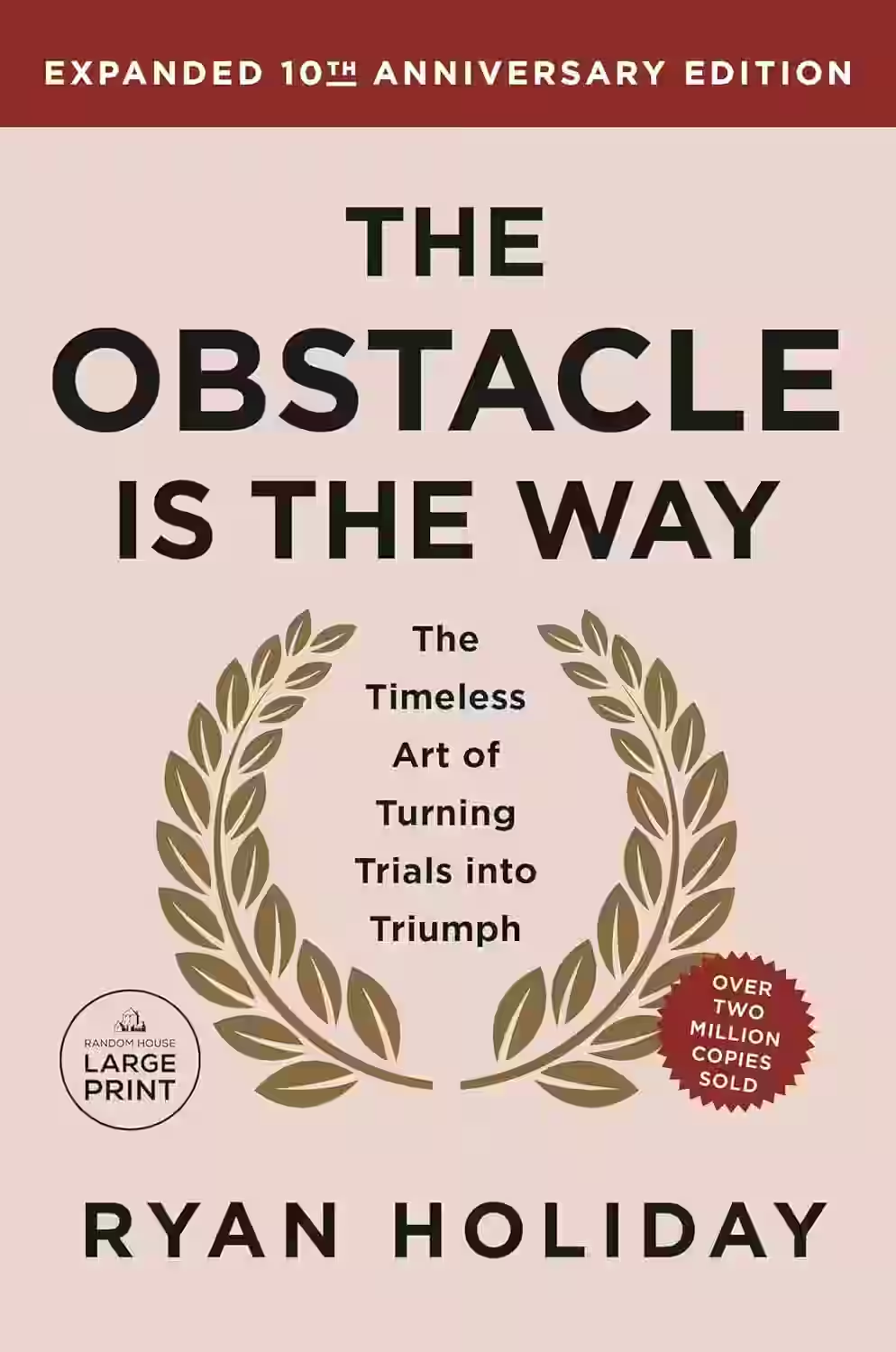
The Obstacle Is the Way
by Ryan Holiday
Based on the principles of Stoic philosophy, The Obstacle Is the Way teaches readers to transform adversity into advantage. Drawing from historical examples—from Marcus Aurelius to modern leaders—Holiday outlines a framework of perception, action, and will. His central idea: challenges are not obstacles to success, but the path itself. Through discipline, patience, and perspective, setbacks become fuel for growth. Written in a clear, concise style, the book is both motivational and practical. It has gained a wide following among athletes, entrepreneurs, and creatives seeking mental resilience and focus in the face of hardship.
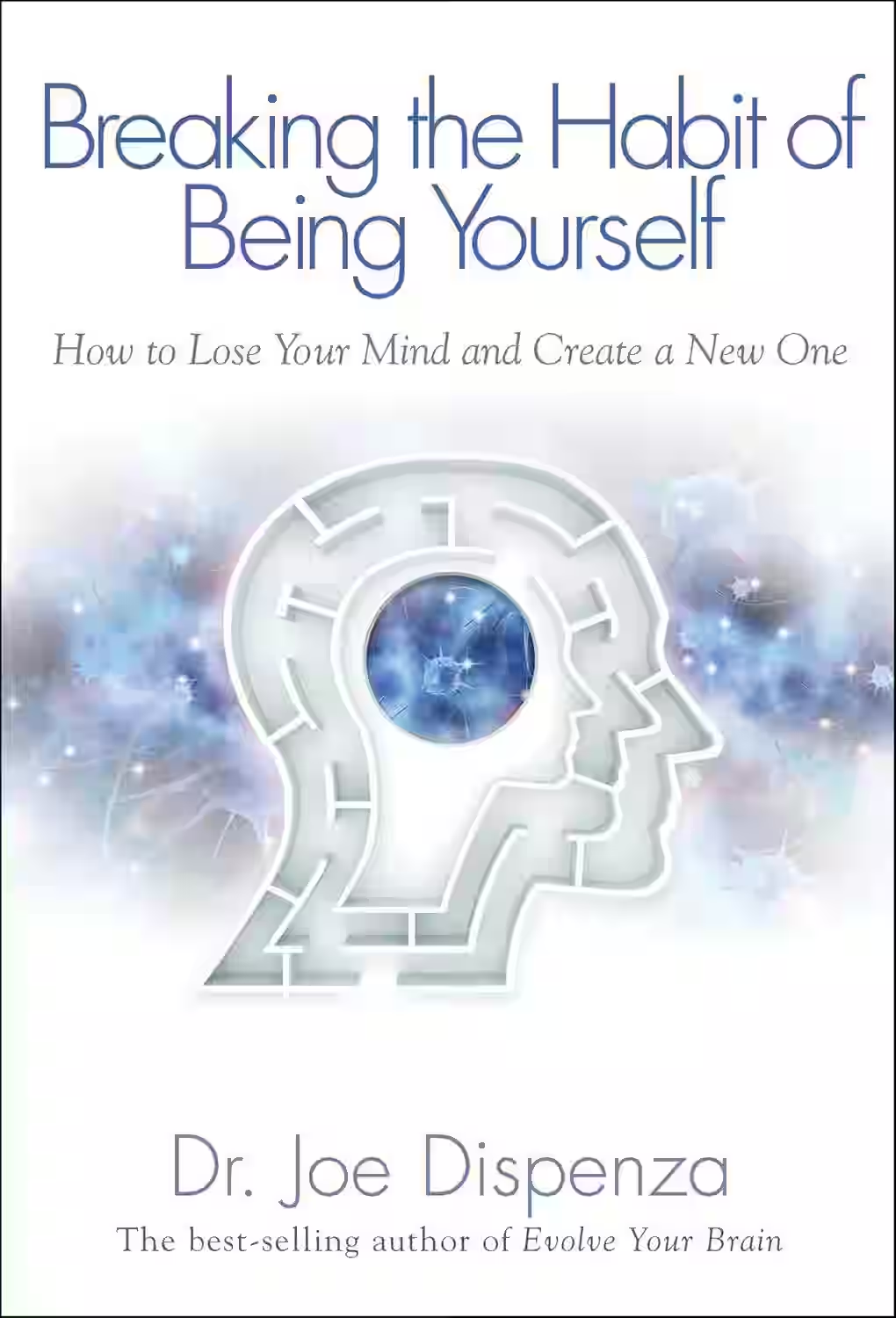
Breaking the Habit of Being Yourself
by Joe Dispenza
Dr. Joe Dispenza’s Breaking the Habit of Being Yourself combines neuroscience, quantum physics, and psychology to teach readers how to reprogram their minds. The book argues that thoughts shape reality and that changing habitual thinking patterns can lead to personal transformation. With meditation techniques and cognitive strategies, Dispenza outlines how to shift from unconscious living to deliberate creation. It appeals to readers interested in self-healing, manifestation, and aligning their mindset with desired outcomes.
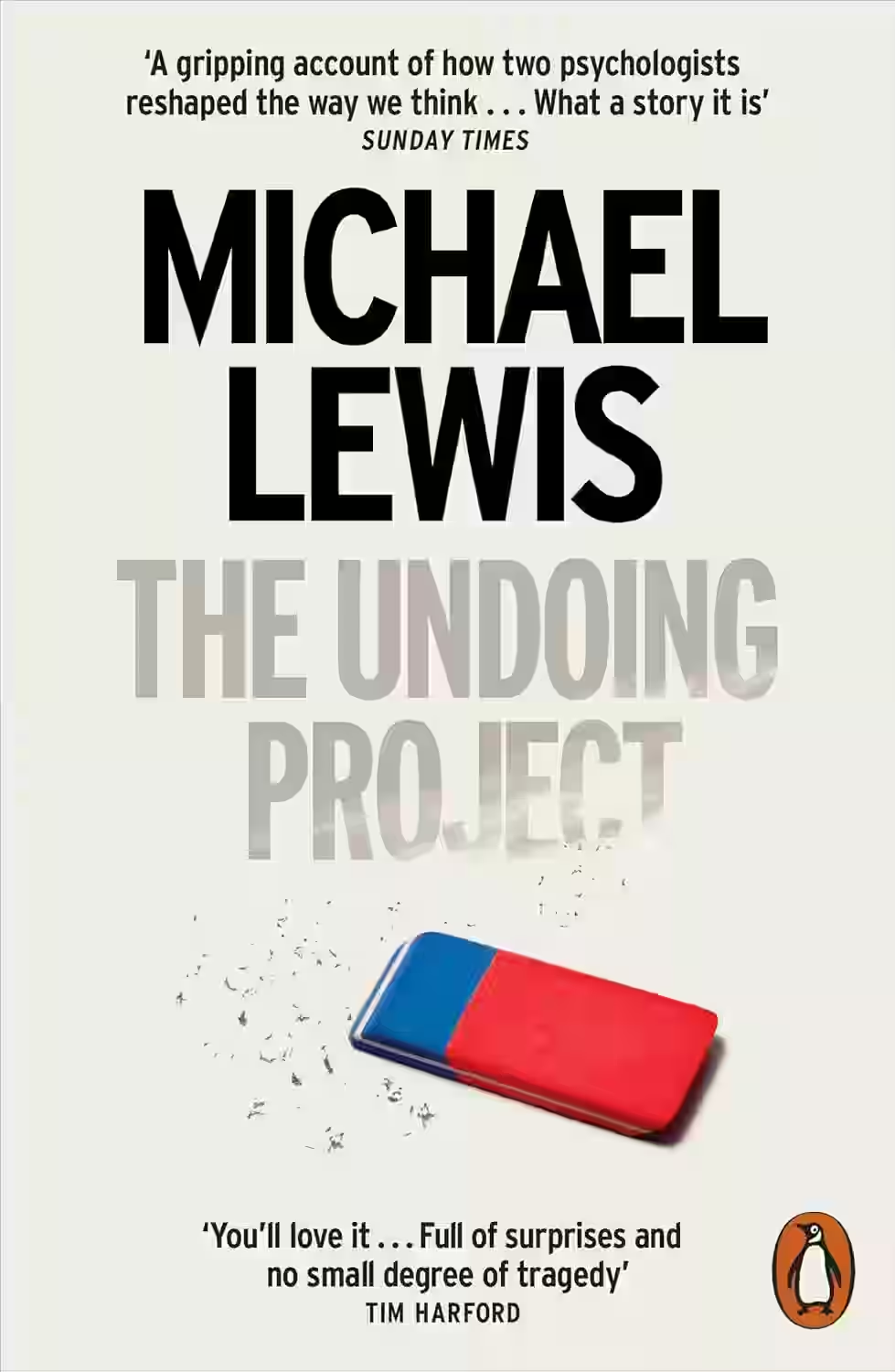
The Undoing Project
In 'The Undoing Project,' Michael Lewis delves into the fascinating partnership between psychologists Daniel Kahneman and Amos Tversky, whose groundbreaking work revolutionized cognitive psychology and our understanding of decision-making. Lewis skillfully weaves together their personal and professional lives, illustrating their complex bond and the significant impact their collaboration had on various fields, from economics to medicine. Through compelling storytelling, Lewis explores themes of human behavior, biases, and the unpredictability of the mind. This thought-provoking book challenges readers to reconsider their perceptions of rationality and offers profound insights into the intricacies of the human psyche.

Awareness: The Perils and Opportunities of Reality
In Awareness, Jesuit priest and spiritual teacher Anthony de Mello invites readers to wake up from the illusions of ego and conditioning. Blending Christian mysticism, Eastern spirituality, and psychological insight, he challenges conventional ideas about happiness, success, and self. His message: true freedom comes not from changing the world, but from seeing it clearly. With a tone that is both direct and compassionate, de Mello guides readers toward inner clarity and spiritual awakening. Often humorous and provocative, Awareness has become a modern spiritual classic, widely praised for its life-changing potential and universal wisdom.
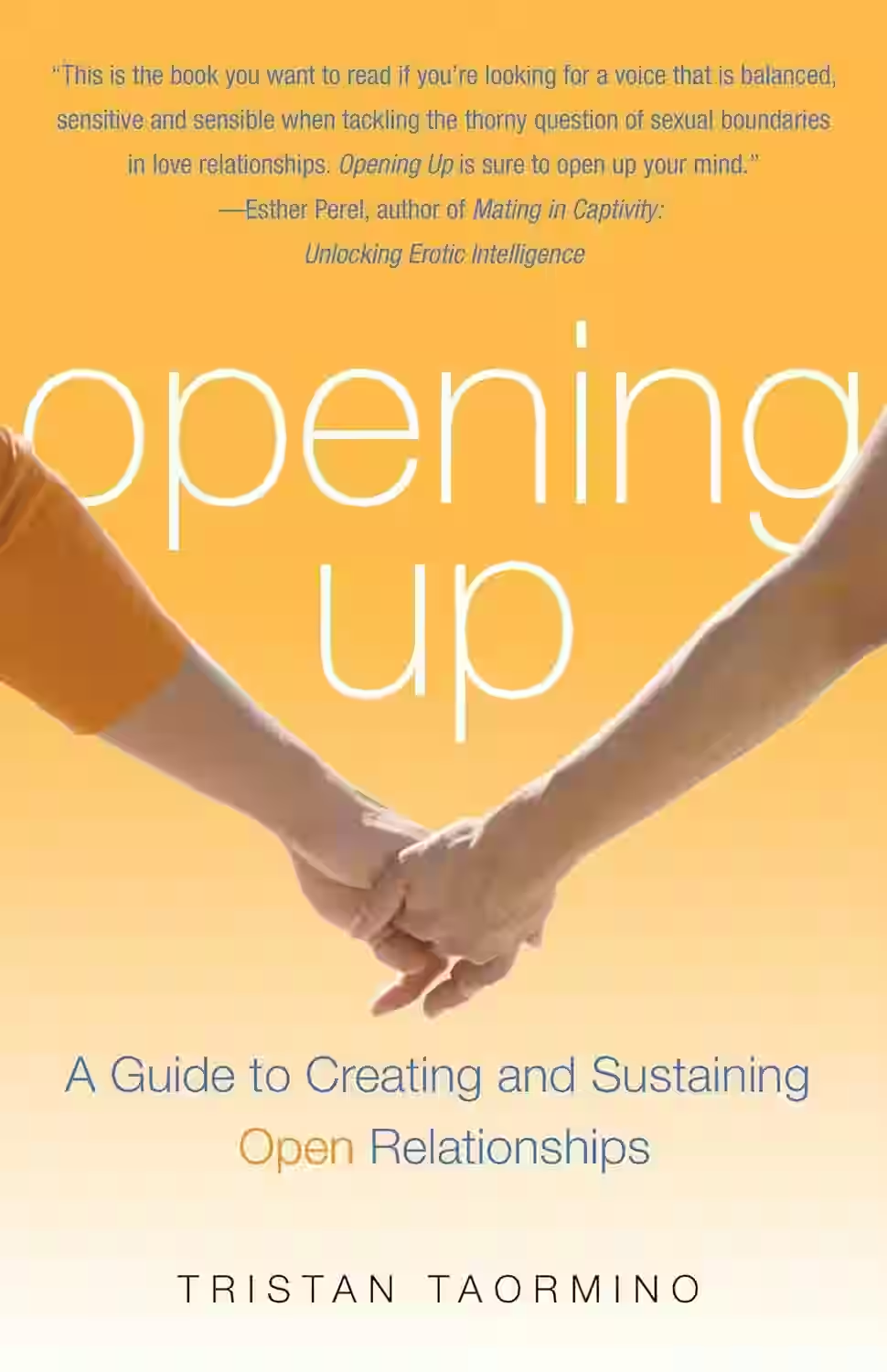
Opening Up: A Guide to Creating and Sustaining Open Relationships
In 'Opening Up: A Guide to Creating and Sustaining Open Relationships,' Tristan Taormino delves into the complexities of non-traditional relationships with insight and practical advice. From communication to jealousy management, Taormino guides readers through the intricacies of open relationships, providing real-life examples and strategies to navigate this often misunderstood territory. Through personal anecdotes and expert tips, the book explores themes of trust, boundaries, and self-discovery within the context of non-monogamous relationships. Taormino's inclusive and non-judgmental approach makes this a valuable resource for anyone curious about or currently practicing open relationships.

How to Live
by Derek Sivers
In How to Live, Derek Sivers offers 27 radically different philosophies for living a meaningful life—each chapter presenting a distinct worldview with confidence and conviction. From “Be independent” to “Commit fully,” the book explores contradictory yet compelling ideas, encouraging readers to reflect on what matters most. Rather than offering a single path, Sivers embraces complexity, suggesting that the truth of how to live may lie in navigating these contradictions. Written in his signature minimalist, thought-provoking style, How to Live is part philosophy, part self-inquiry, and part creative manifesto—ideal for readers seeking clarity, flexibility, and personal growth.

Be Here Now
by Ram Dass
Part memoir, part spiritual guide, Be Here Now traces Harvard psychologist Richard Alpert’s transformation into Ram Dass after a life-altering trip to India. Blending Eastern philosophy, psychedelic exploration, and yoga teachings, the book offers a path to mindfulness and enlightenment. Its iconic illustrations and free-form structure embody its message of living in the present moment. Ram Dass emphasizes love, surrender, and the inner journey, encouraging readers to release ego and awaken to higher consciousness. A seminal work in 1970s counterculture, it remains a deeply influential text for spiritual seekers, mindfulness practitioners, and open-hearted wanderers alike.

The Structure of Scientific Revolutions
Kuhn’s seminal work revolutionized how we understand science. He argues that scientific progress doesn’t occur gradually, but through paradigm shifts—periods of radical change in fundamental frameworks. Normal science operates within accepted paradigms until anomalies accumulate, prompting a crisis and eventual revolution. Kuhn uses historical case studies to illustrate this cycle, challenging the belief in linear scientific advancement. First published in 1962, The Structure of Scientific Revolutions has had a lasting impact on the philosophy of science, influencing fields from sociology to history. It remains essential reading for anyone seeking to understand how scientific knowledge evolves.
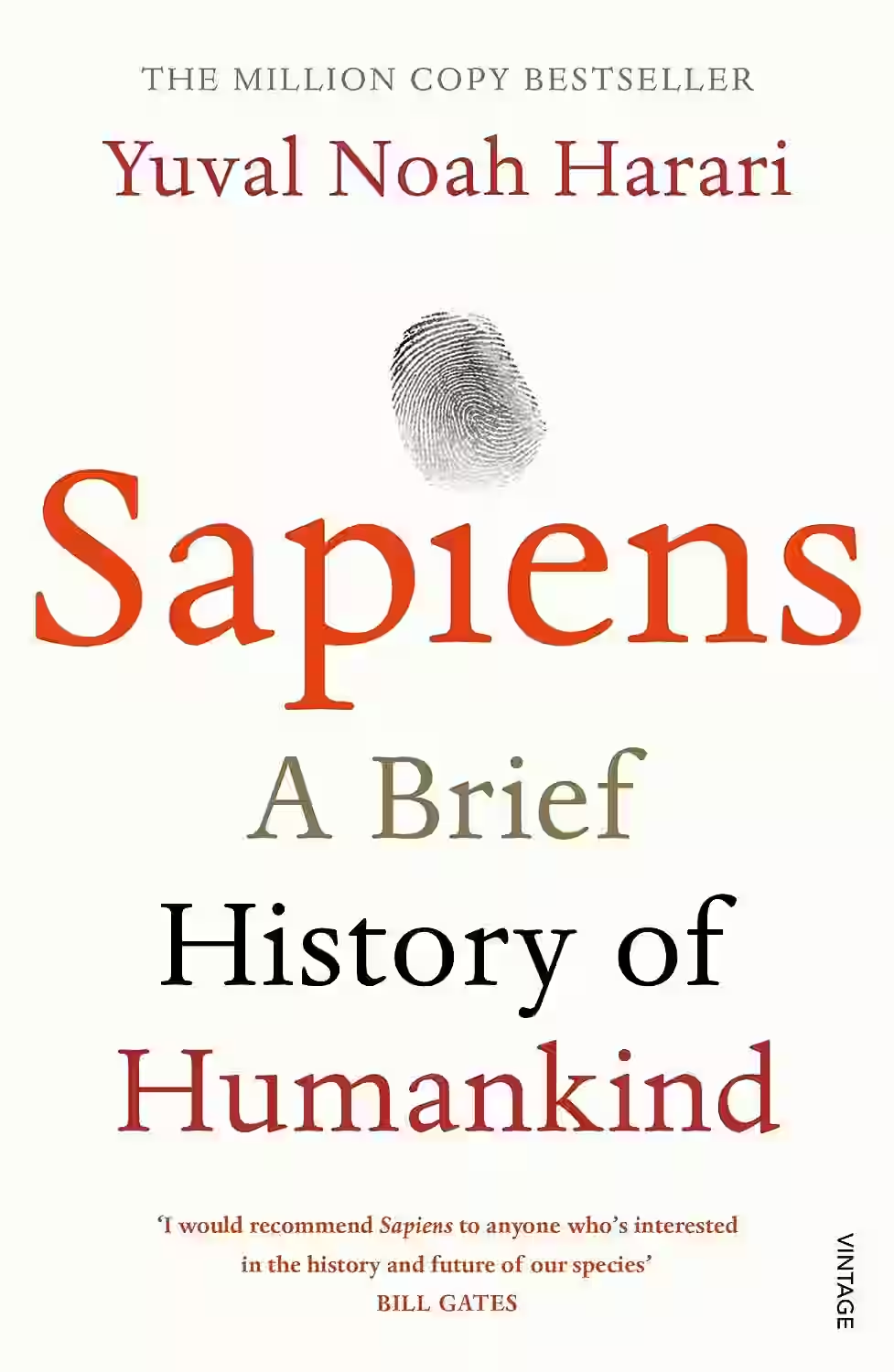
Sapiens: A Brief History of Humankind
Yuval Noah Harari's Sapiens charts the epic history of humankind, from early Homo sapiens to today's complex world. It explores the Cognitive, Agricultural, and Scientific Revolutions that defined our development. Harari examines the role of shared beliefs in enabling mass cooperation and questions the essence of our humanity and future. This insightful work offers a broad perspective on our origins, progress, and the challenges we face.
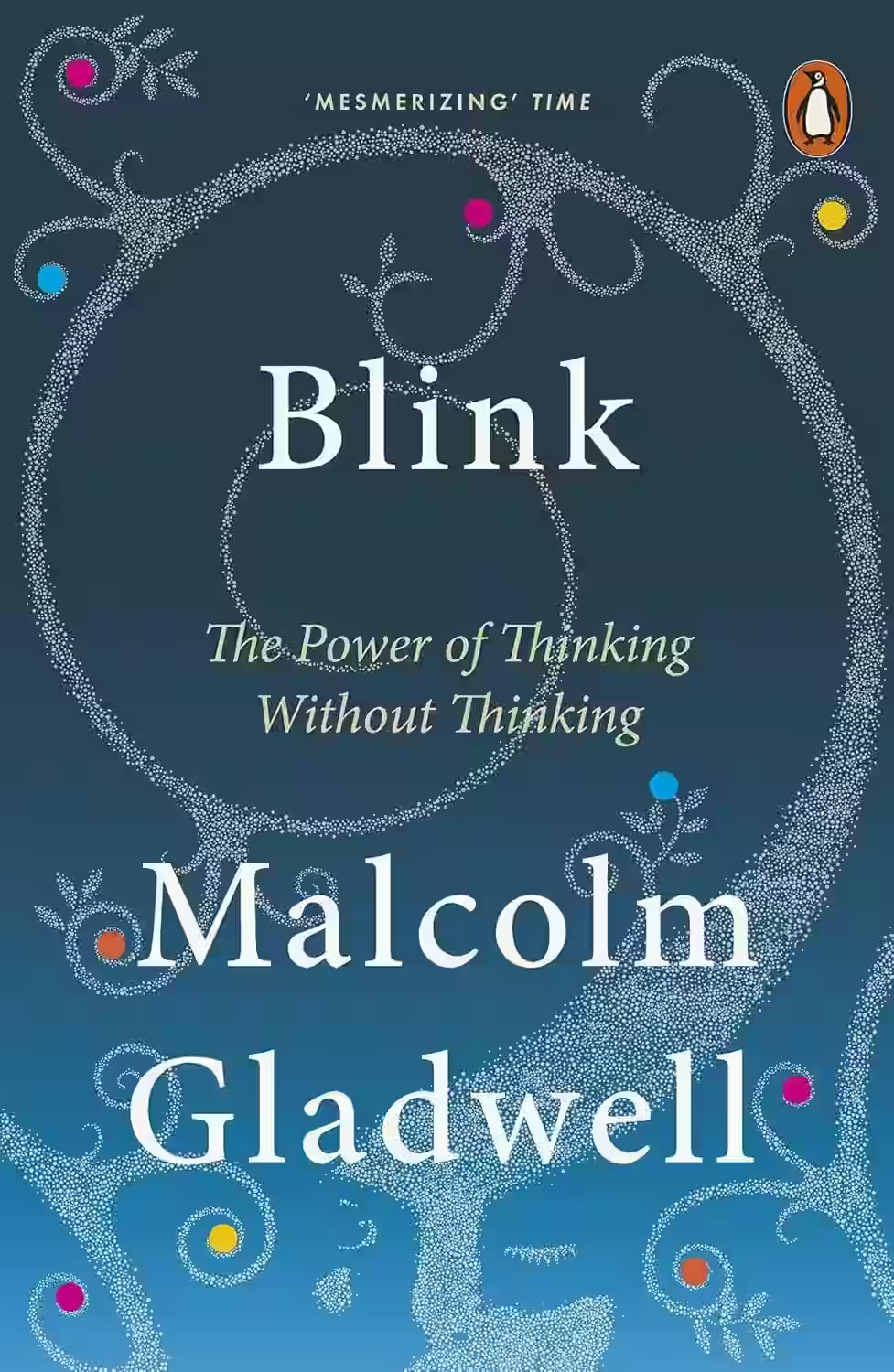
Blink: The Power of Thinking Without Thinking
In 'Blink: The Power of Thinking Without Thinking,' Malcolm Gladwell delves into the intriguing concept of rapid cognition and its impact on decision-making. Through captivating anecdotes and thought-provoking research, Gladwell explores how our intuition and subconscious play a significant role in our choices. He discusses the power of thin-slicing, the ability to make quick judgments based on limited information, and raises questions about the reliability of snap judgments. This book challenges conventional wisdom on how we make decisions and offers valuable insights into the hidden forces that shape our choices. 'Blink' is a compelling read that will make you reassess the way you think and decide.
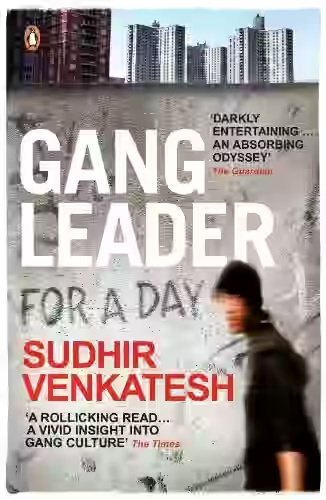
Gang Leader for a Day
In this gripping ethnographic memoir, sociologist Sudhir Venkatesh recounts his time embedded within a Chicago gang. Hoping to study urban poverty, he befriends a gang leader and gains unprecedented access to the daily operations of the Black Kings. What he finds is a complex underground economy and a surprising code of conduct. Venkatesh balances storytelling with sociological insight, humanizing gang members while exposing the systemic issues they face. Gang Leader for a Day is a powerful, eye-opening look at life in marginalized communities and how informal power and survival operate in America’s inner cities.
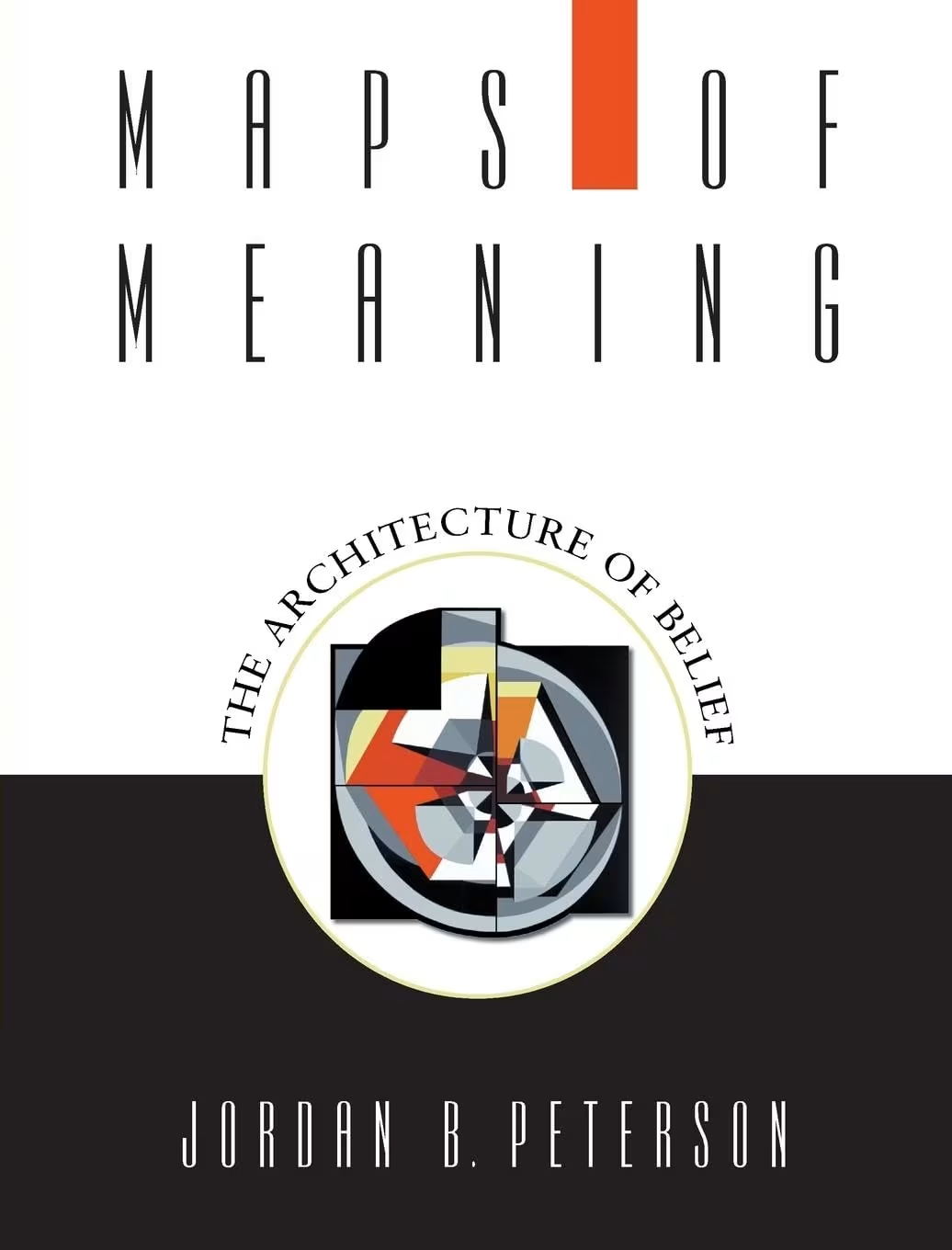
Maps of Meaning: The Architecture of Belief
In 'Maps of Meaning: The Architecture of Belief,' Jordan B. Peterson delves into the exploration of symbolism, religion, and the human psyche. By dissecting myths, psychology, and philosophy, Peterson uncovers the underlying patterns that shape our beliefs and behavior. He delves into the concept of chaos and order, elucidating how individuals navigate the complexities of existence. Through a blend of academic rigor and accessible language, Peterson offers readers insights into the nature of meaning and the power of storytelling in shaping our understanding of the world. This thought-provoking and intricate book challenges readers to contemplate the structure of their beliefs and the profound impact of culture on our lives.
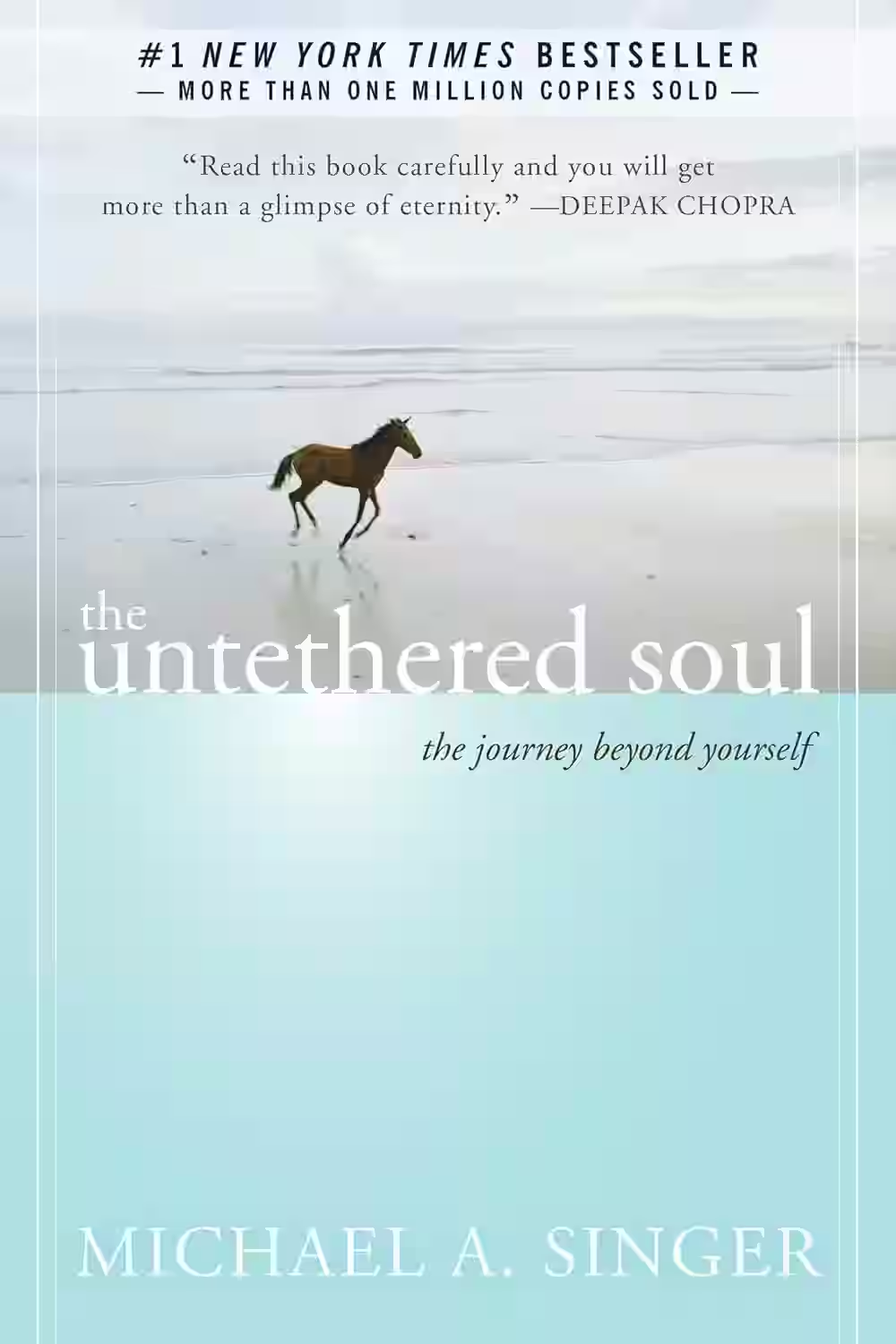
The Untethered Soul
The Untethered Soul is a spiritual and psychological exploration of consciousness, identity, and inner freedom. Michael A. Singer invites readers to observe their thoughts and emotions without attachment, helping them transcend internal limitations and live in the present moment. Drawing from mindfulness and Eastern philosophy, the book emphasizes awareness as the key to personal liberation. Through practical guidance and reflective questions, Singer teaches how to release fear, embrace stillness, and cultivate peace regardless of external circumstances. The Untethered Soul offers a deeply calming and transformative approach for anyone seeking to quiet their mind and reconnect with their deeper self.
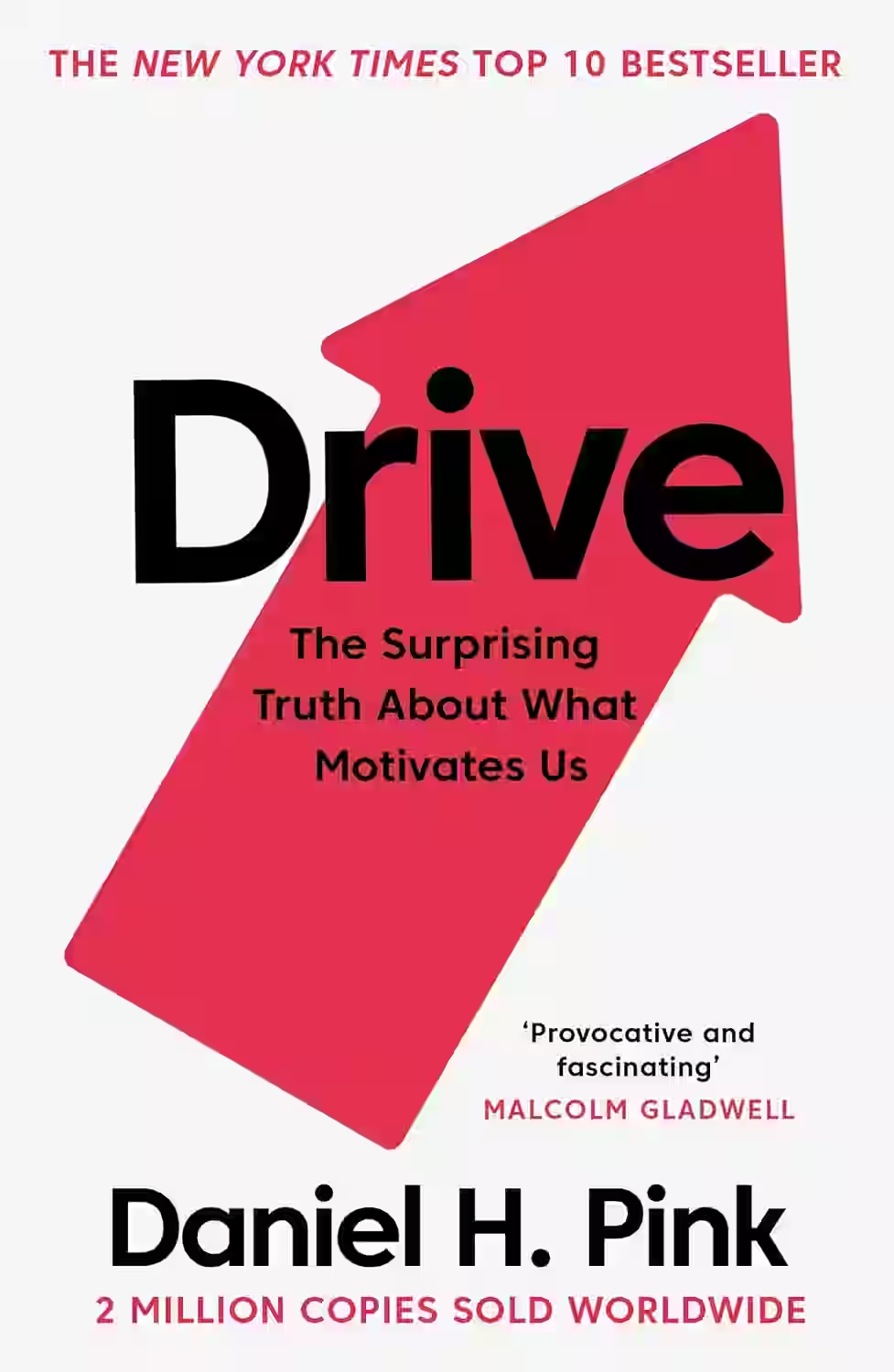
Drive: The Surprising Truth About What Motivates Us
In 'Drive: The Surprising Truth About What Motivates Us,' Daniel H. Pink challenges traditional perceptions of motivation that are rooted in external rewards and punishments. Drawing upon extensive research in psychology and behavioral science, Pink presents a compelling argument for a new framework centered on intrinsic motivation. He introduces three key elements: autonomy, mastery, and purpose, which he believes are essential for fostering sustained engagement and creativity. The book is enriched with real-world examples and practical applications for individuals and organizations looking to harness this internal drive. Pink's accessible writing style and insightful analysis make 'Drive' a thought-provoking read that offers transformative insights into human motivation, capable of influencing business, education, and personal growth strategies.
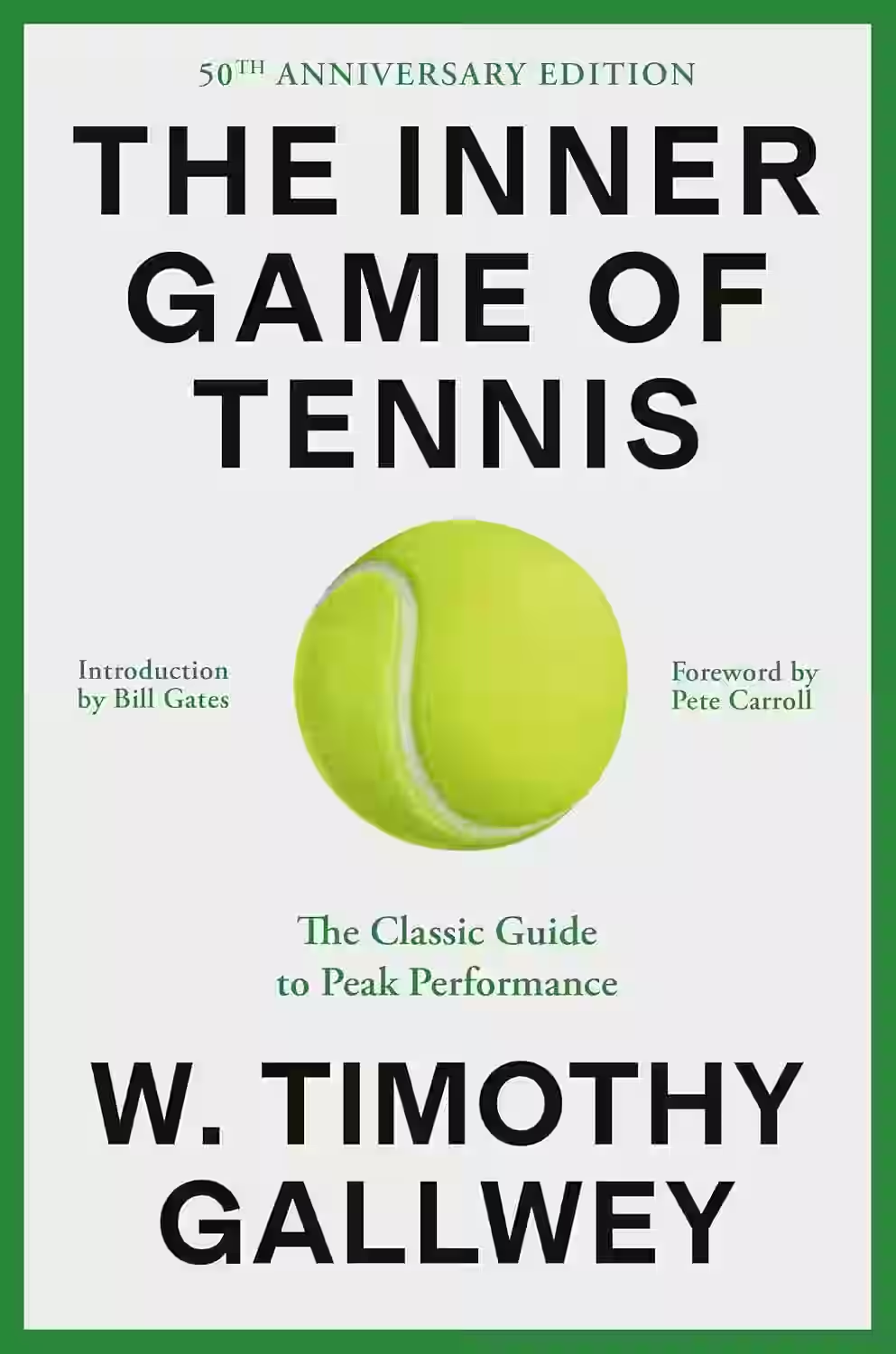
The Inner Game of Tennis: The Classic Guide to the Mental Side of Peak Performance
In 'The Inner Game of Tennis,' W. Timothy Gallwey explores the often-overlooked mental aspect of playing tennis. Through a combination of insightful anecdotes and practical advice, Gallwey delves into the importance of mastering one's inner game to achieve peak performance on the tennis court. By emphasizing concepts such as self-awareness, focus, and overcoming mental obstacles, Gallwey provides readers with a unique and transformative perspective on not just tennis, but any endeavor requiring skill and concentration. This timeless classic continues to resonate with athletes, coaches, and individuals seeking to enhance their performance by understanding and refining their mental approach.
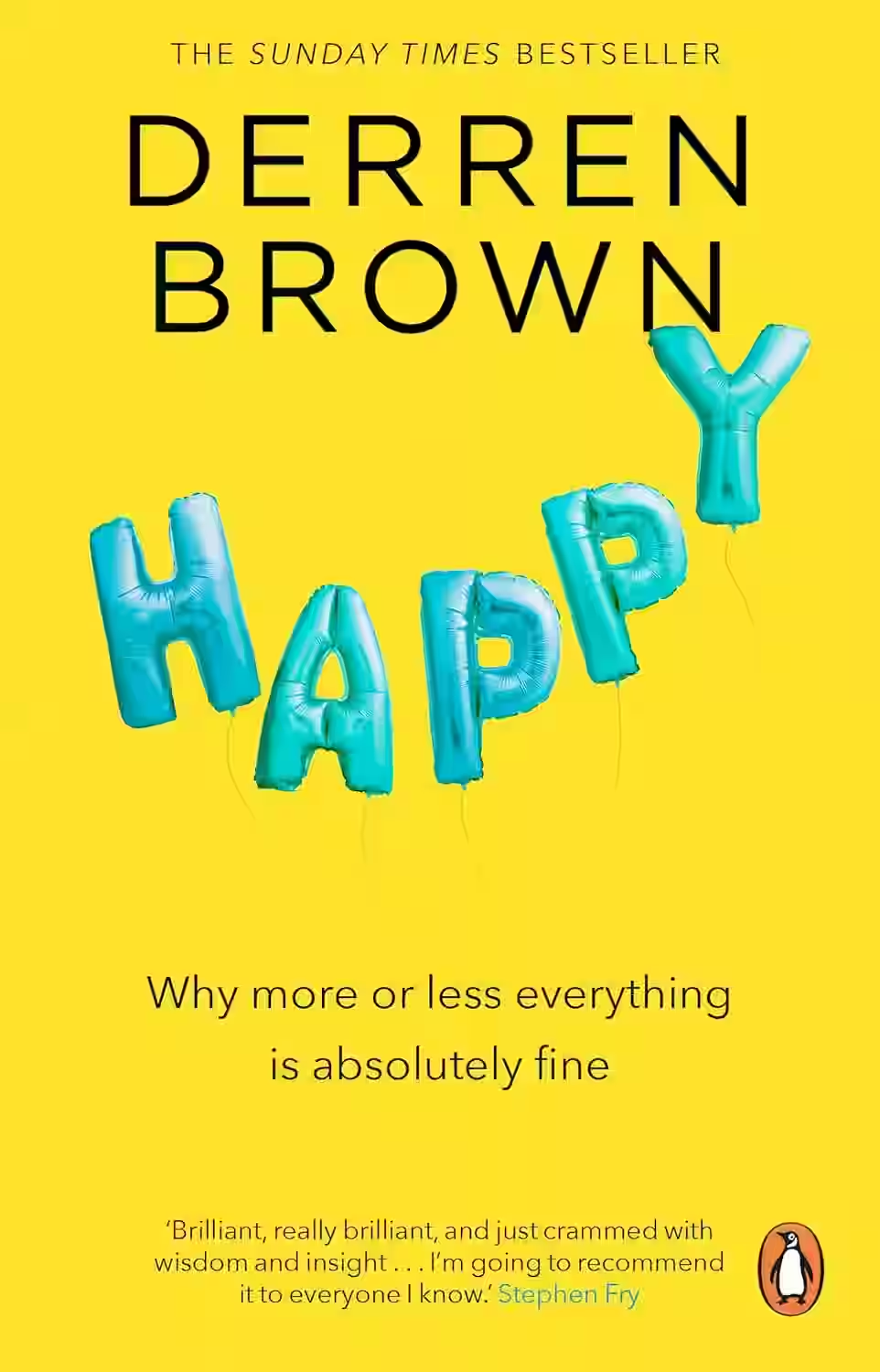
Happy
by Derren Brown
In 'Happy' by Derren Brown, the renowned mentalist and illusionist delves into the complex topic of happiness. Through a blend of philosophy, psychology, and personal anecdotes, Brown challenges conventional notions of happiness and offers insightful perspectives on how to cultivate a more fulfilling life. He explores the role of gratitude, resilience, and embracing uncertainty in our pursuit of happiness. With his signature wit and wisdom, Brown provides readers with practical tools to navigate modern-day challenges and find contentment in an often chaotic world. 'Happy' is a thought-provoking and enlightening read that prompts introspection and encourages readers to redefine their relationship with happiness.
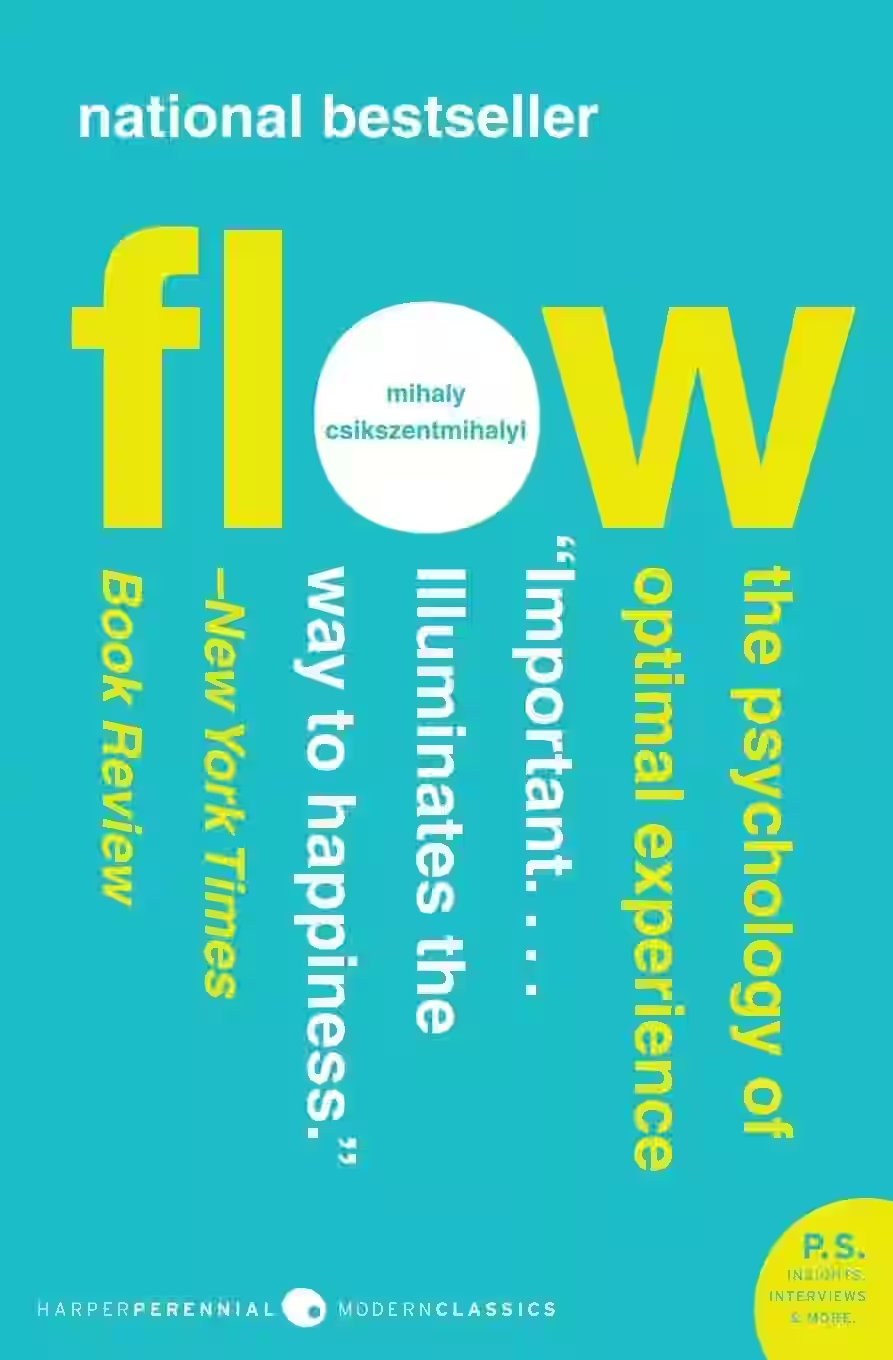
Flow: The Psychology of Optimal Experience
Psychologist Mihaly Csikszentmihalyi explores the concept of “flow”—a state of complete immersion and focus during challenging yet enjoyable activities. Based on decades of research, the book explains how flow enhances creativity, productivity, and overall life satisfaction. It outlines conditions for achieving this state, such as clear goals and immediate feedback, and argues that flow is essential to happiness. Accessible yet scholarly, Flow remains a cornerstone in positive psychology and a practical guide for living a fulfilling life.
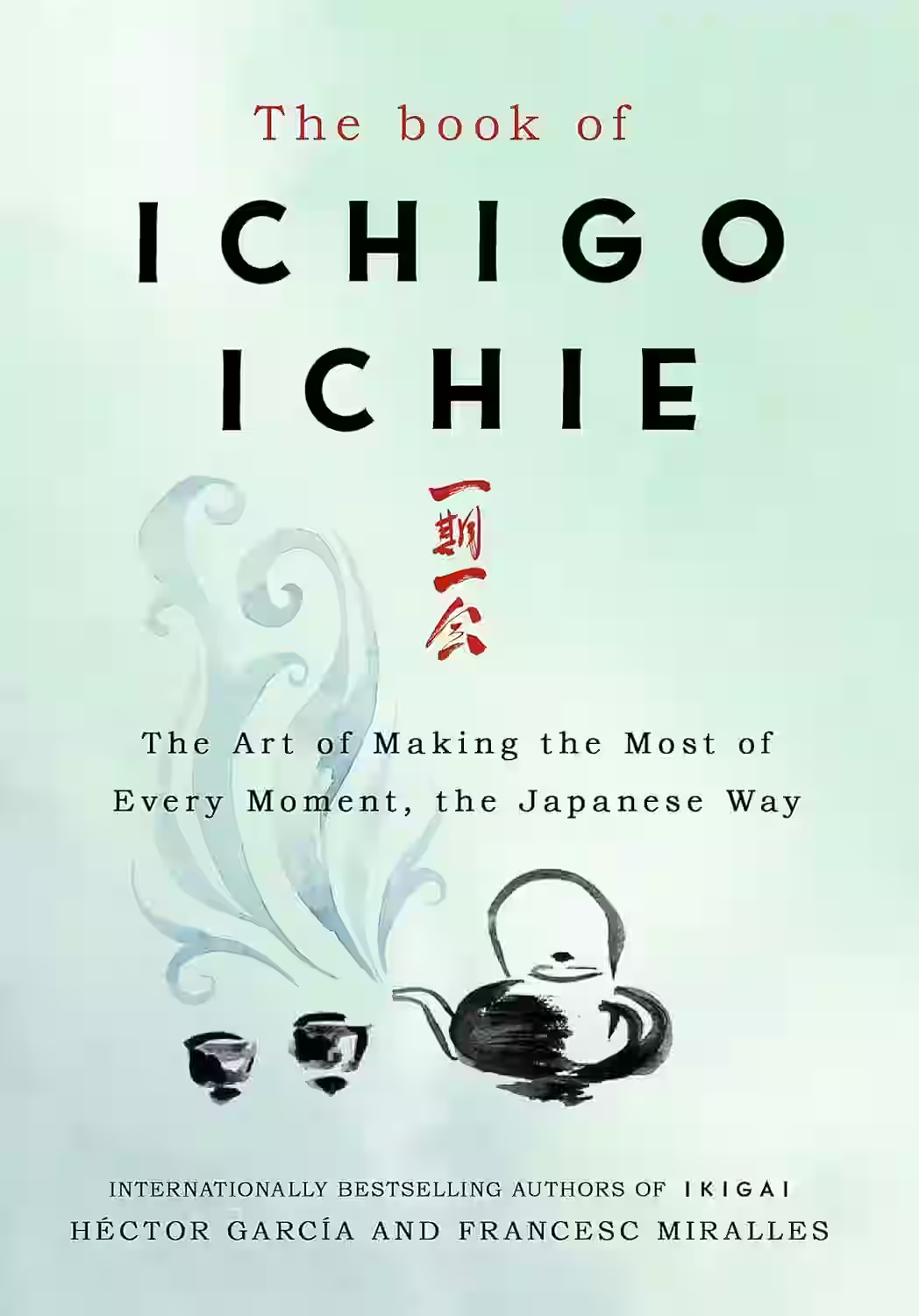
The Book of Ichigo Ichie
by Hector Garcia, Francesc Miralles
In 'The Book of Ichigo Ichie' by Hector Garcia, readers are guided through the Japanese art of making the most of every moment. The author explores the concept of ichigo ichie, emphasizing the beauty of impermanence and the significance of treasuring each encounter. Through insightful anecdotes and practical tips, Garcia encourages mindfulness, gratitude, and living with intention. This book serves as a gentle reminder to savor the present and cultivate meaningful connections. With a blend of cultural wisdom and contemporary relevance, 'The Book of Ichigo Ichie' offers a refreshing perspective on finding joy in the everyday.